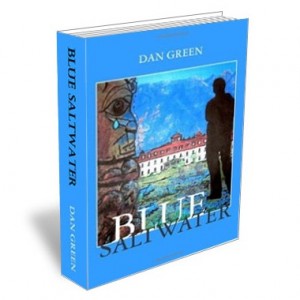Author of Teeth, Lies & Consequences & Blue Saltwater
Cultural Appropriation: From Two Sides Now
The feature article in today’s front page of The Globe and Mail newspaper is entitled The Debate is Over. In it, the indigenous editor and writer, Kateri Akiwenzie-Damm makes the case that non-aboriginal authors should cease writing stories about aboriginal subject matters, fiction or otherwise since it is viewed as outright theft of Native Stories.
https://www.theglobeandmail.com/opinion/the-cultural-appropriation-debate-is-over-its-time-for-action/article35072670/
The author takes the position that by expressing aboriginal themes in their work, non-aboriginal artists are suggesting that aboriginals are not capable of telling their own stories with the skill, beauty and depth that white middle class writers could, or that, the aboriginal version would be too biased. I would beg to disagree.
A non-aboriginal like myself taking on a story like Blue Saltwater was in no way meant to denigrate the artistic work of aboriginal writers but was only hoped to be regarded as another attempt to reveal the complex experiences of both Native and non-Native persons in the building of a democratic, multiethnic, inclusive and tolerant Canada.
This author’s position smacks of censorship of the worst kind and can be seen to restrict the artistic imagination of all authors, songwriters, playwrights and screenwriters. By allowing aboriginal or other ethnic subject matters to be under the exclusive ownership and control of those connected by birth, will inevitably lead to co-option by powerful elites within the communities who will become the final arbiters of what can and cannot be expressed by their own artistic community. Thus a sanctioned form of censorship will become entrenched.
I also think that this attitude serves to perpetuate rather than diminish the solitude that still exists between our aboriginal communities and the broader mainstream multiethnic Canadian community.
There should be no limits on free speech unless it borders upon hate or outright discrimination. Each work of art regardless of the ethnicity of the author should be allowed to stand on its own, to be judged or critiqued by public input that is unfettered by any form of racial or ethnic coercion.
For an opposing view to the link above see: https://www.theguardian.com/commentisfree/2016/sep/13/lionel-shrivers-full-speech-i-hope-the-concept-of-cultural-appropriation-is-a-passing-fad
| Print article |
